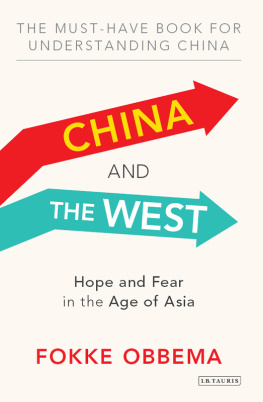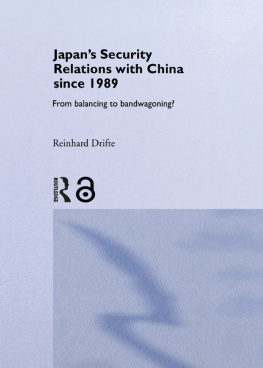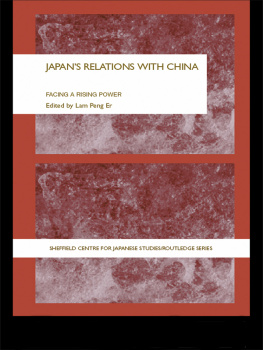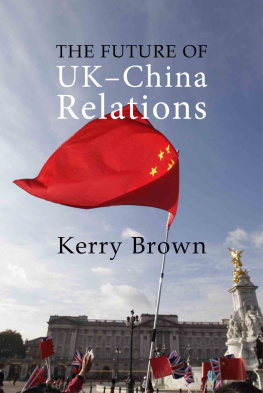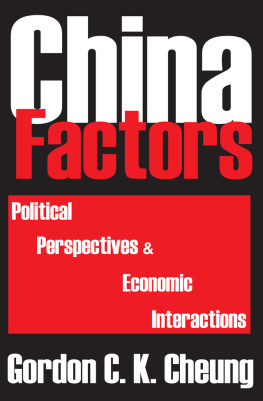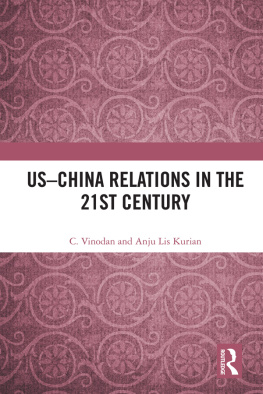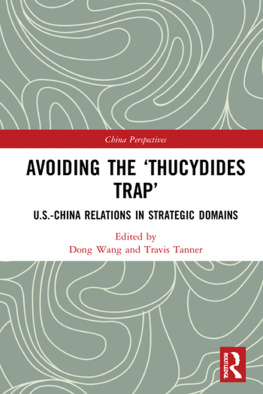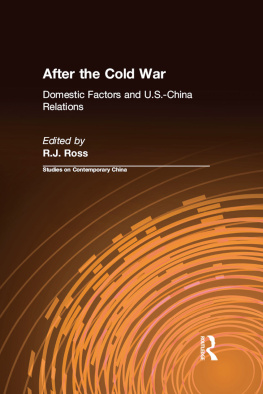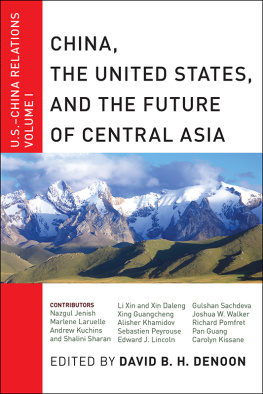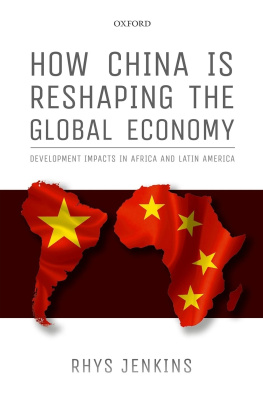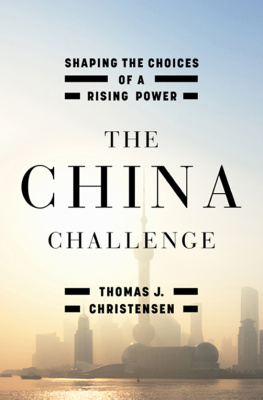Published in 2015 by
I.B.Tauris & Co. Ltd
London New York
www.ibtauris.com
Copyright 2015 Fokke Obbema
The right of Fokke Obbema to be identified as the author of this work has been asserted by the author in accordance with the Copyright, Designs and Patents Act 1988.
All rights reserved. Except for brief quotations in a review, this book, or any part thereof, may not be reproduced, stored in or introduced into a retrieval system, or transmitted, in any form or by any means, electronic, mechanical, photocopying, recording or otherwise, without the prior written permission of the publisher.
References to websites were correct at the time of writing.
The publisher gratefully acknowledges the support of the Dutch Foundation for Literature
ISBN: 978 1 78453 384 7
eISBN: 978 0 85773 922 3
A full CIP record for this book is available from the British Library
A full CIP record is available from the Library of Congress
Library of Congress Catalog Card Number: available
Typeset by Fakenham Prepress Solutions, Fakenham, Norfolk NR21 8NN
Introduction
During my first visit to China in 2008 I became fascinated with the dynamic of its big cities Shanghai and Beijing. They gave me the feeling of being where its at. As I conducted interviews with intellectuals and business people, I was accompanied by a Chinese man my own age with whom I got on surprisingly well. While we experienced the odd culture clash, this only heightened my fascination. That fascination can be summed up by the question that underpins this book: what are we to do about China? Inevitably followed by the counter-question: what is China to do about us?
Having decided to visit locations where the Chinese and Europeans meet, I travelled around Germany, France, the United Kingdom, Hungary, Italy and the Netherlands. And then back to China again. I ended up speaking with entrepreneurs, students, politicians, labourers, diplomats, social workers, prostitutes, shopkeepers, writers and government ministers. And above all with experts, some of whom had been studying China for decades. As a relative novice, I felt privileged to hear their views on the subject.
I relied on their contributions to get to grips with a topic so big it overwhelmed me at times and also posed the huge risk of unwarranted generalisation. In fact, the German-Chinese author Vera Yu warned me: Everybody is always trying to capture what all Chinese people are like. But thats absolutely impossible. Surely you cant make claims about all Europeans either? I have tried to take that warning to heart, but without letting it interfere with my objective: a book about ChineseEuropean relations. To my surprise I failed to find such a book in the countries I visited.
What images have we been projecting onto China throughout the ages? And how did they view us, the barbarians who headed for their shores in droves in the nineteenth century? The superiority complex I encountered on both sides is something that continues to define both parties to this day.
As a journalist I could not escape the consequences of this public perception, or distortion rather, attributable in large part to the media. I am guilty of it too, as evidenced by my search for Chinese buyers of French vineyards. The medias tendency to stir up fear is a book topic in its own right, and the same is true for one of the most exciting media developments in the world right now: Chinese internet. I will address it in .
Are we heading for a clash when China, like the West, becomes a knowledge economy? And will Chinas appetite for resources prove to be the worlds undoing, Europes especially? These questions will be explored in , which focuses on globalisation. I for one believe globalisation will have a positive impact: its financial benefits as well as the large numbers of students and academics travelling back and forth will, if anything, contribute to a better mutual understanding.
As the nation to emerge victorious from globalisation China has become a lot more important for us Europeans. But mostly as a trading partner; for all the brouhaha about China taking over Europe, this has not yet been reflected in investment levels.
The Chinese Are Not Coming could well be a bigger threat to Europe than The Chinese Are Coming.
also considers Chinas role in Africa. We often look askance at the undiscerning and occasionally ruthless Chinese business practices on the African continent. Again, our media present us with a distorted picture. Some more modesty would not be out of place, especially given our historic roles in colonisation.
Do the Chinese occupy their own wing in the house of mankind, entirely separate from the rest? Or does the observation made by the Italian missionary Matteo Ricci in the seventeenth century still hold true: They are human beings, just like us. I explore both perspectives in . The former tends to foreground The Eternal China, which is virtually immune to external influences and will in due course treat us to its own distinctive values. Martin Jacques, the British author of When China Rules the World, is a rather vocal representative of this perspective. The second approach stresses social trends such as consumerism and individualism which are just as conspicuous in China as they are here. The similarities here outweigh the differences, as can be seen in the work of the German writer and sinologist Tilman Spengler.
I compare these two diametrically opposed perspectives, in conjunction with the other, much better-known antitheses: those between our political systems and our disparate views of human rights. To begin with, the emphasis will be on Chinas political system: is it as effective as many in the West believe it to be? And what are we to make of the new leader Xi Jinping and his emphasis on a Chinese Dream? What do his efforts to increase Chinese soft power around the world tell us about his worldview?
But I also view Europe and the US through Chinas power-political prism. The dissension among European nations, which decreases Europes chances to play a significant role on the world stage, is not just a disappointment to us. As for the US, despite cracks in its image, it is still perceived by the Chinese as the real superpower. Distrust about American motives is widespread, both among the leaders and the population, and mixed with feelings of inferiority and admiration. As a result China is unwilling to be the responsible stakeholder the US would like the country to be. How to respond? Some American voices are calling for a firmer stance on China, especially in the light of its territorial ambitions and its industrial espionage. In my view it would be unwise to take a tougher stance, as it would only fuel Chinas already powerful nationalism. A Cold War 2.0 is not the fight the West should want to pick with China.
When it comes to Chinas future Im convinced that it will become more powerful; with the necessary effort the country can develop into a knowledge economy, something Europe and the US will have to prepare for. But the West tends to underestimate the countrys internal problems and overestimate the capacity of its leaders to solve them. As a result we tend to view China as more threatening than it really is. China will certainly not eclipse the rest of the world in the years to come. And the West should have more faith in its own strength. As for the mutual relations, the daily undercurrent of contacts at micro level between China and the West can hopefully lay the groundwork for trust.

